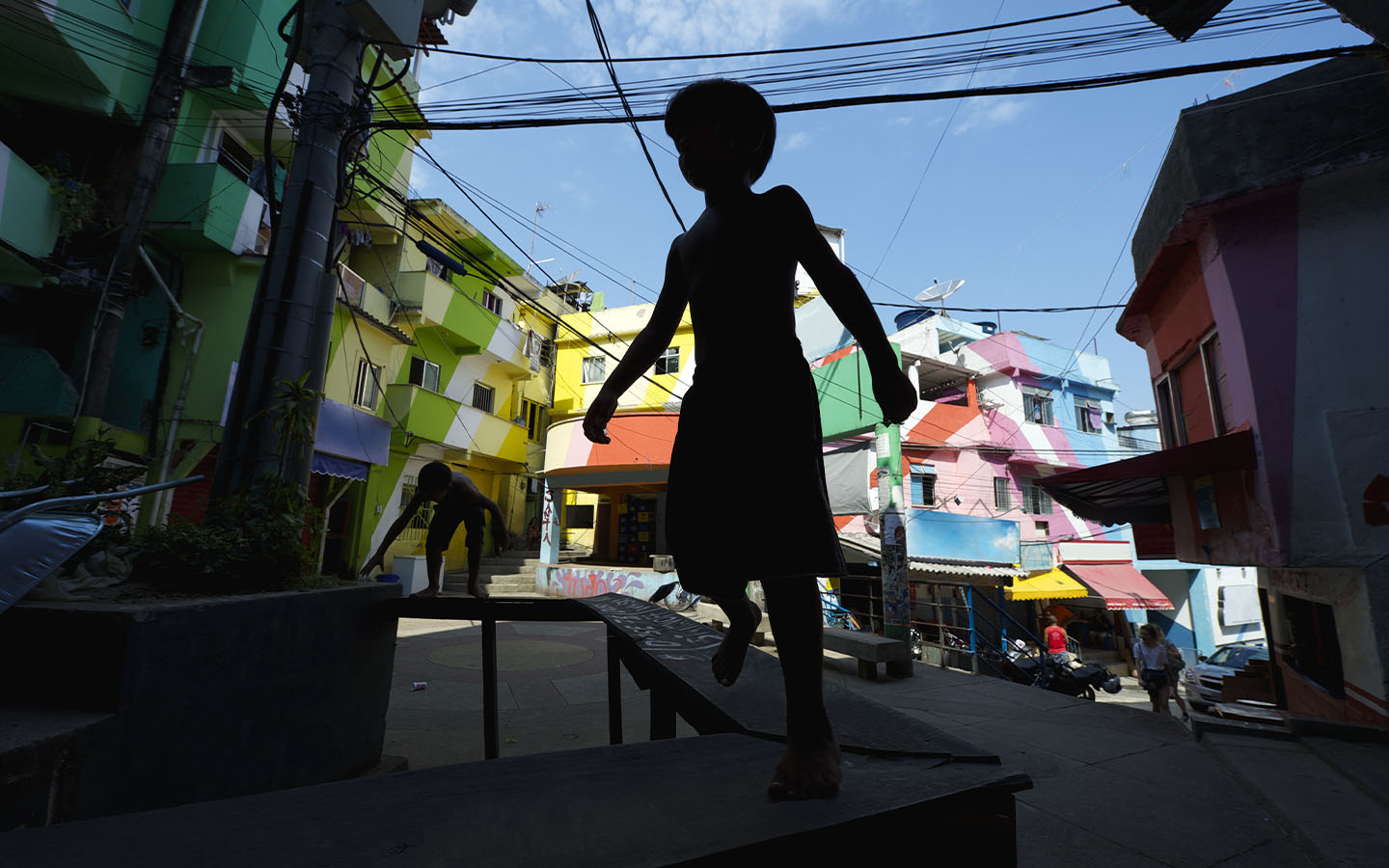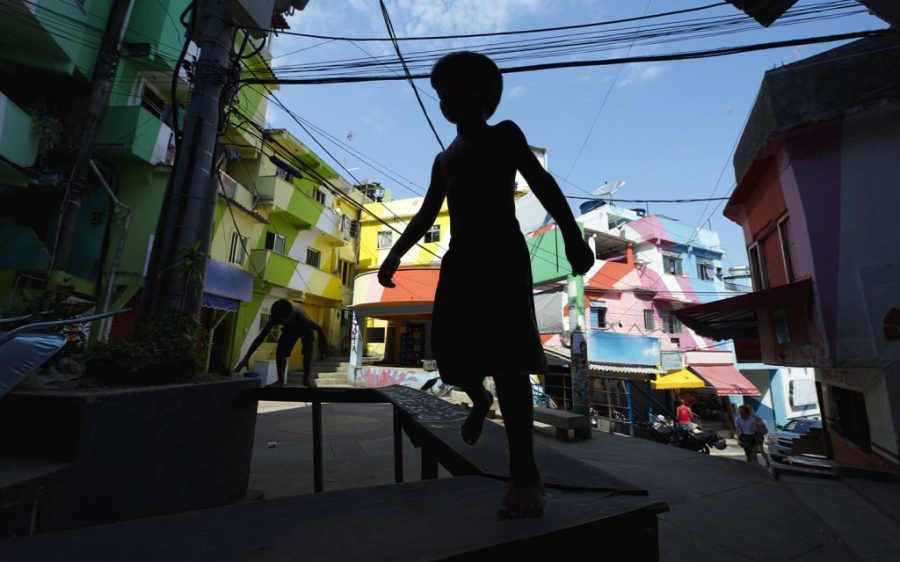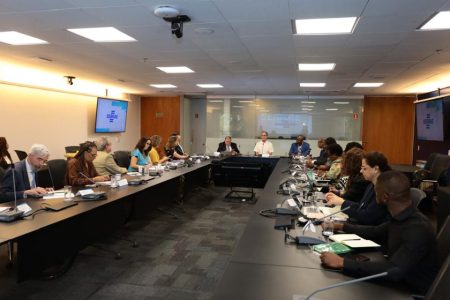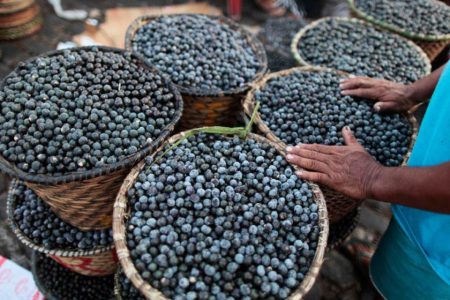Census data reveals 16.39 million Brazilians making their homes in favelas, reports Agência Brasil, meaning just over 8 percent of the country lives in these poor neighbourhoods.
The figure appears in a supplement to the 2022 census released last Friday by the Brazilian Institute of Geography and Statistics (IBGE), which documents 12,348 favelas across 656 municipalities. These figures appear to represent a significant increase over the 2010 census, which counted 11.4 million people and 6,329 favelas. Experts caution against comparisons, however, pointing to technological and methodological improvements in identification made in the intervening years.
Researchers from IBGE define favelas as places characterised by legal insecurity of tenure, total or partial absence of public services, poor urban planning standards, and locations in areas with environmental restrictions or risks.
[See more: Census reveals 1.69 million indigenous people in Brazil – almost twice 2010’s count]
The southeastern state of São Paulo is home to the largest population of favela residents at 3.6 million, with the neighbouring state of Rio de Janeiro (2.1 million) and north-central Pará (1.5 million) in second and third place. Rocinha, in Rio de Janeiro, is the largest single favela at over 72,000 residents.
As Brazil gears up to host the G20 Summit later this month, a collaboration organisation representing favelas in Brazil and around the world is ensuring that the poorest of these outlying neighbourhoods have a voice at this critical international forum.
Agência Brasil reported last week on proposals to be presented by Favela 20 (F20), a project created by favela resident-run NGO Voz das Comunidades. Their demands centre on fighting hunger, investment in infrastructure, sustainable development and ensuring access to water, healthcare, education and credit. Some one billion people worldwide live in informal communities, F20 co-founder Erley Bispo pointed out to the Brazilian news agency, and without proper planning that figure will triple by 2050.






